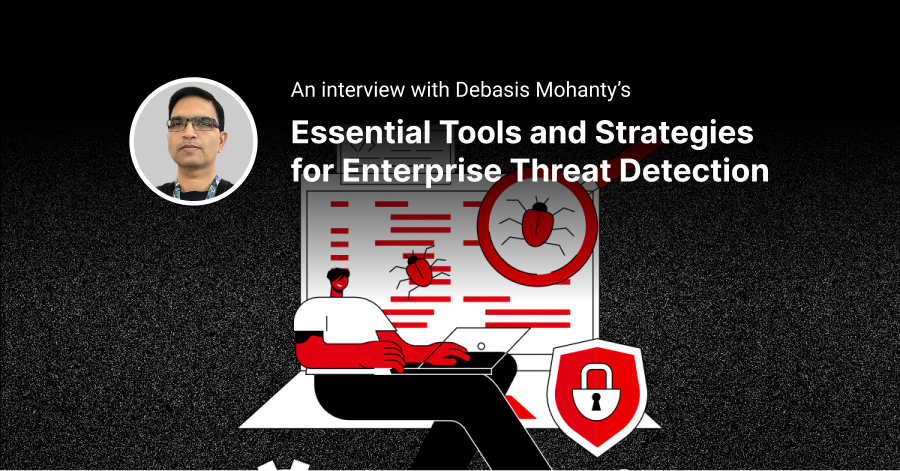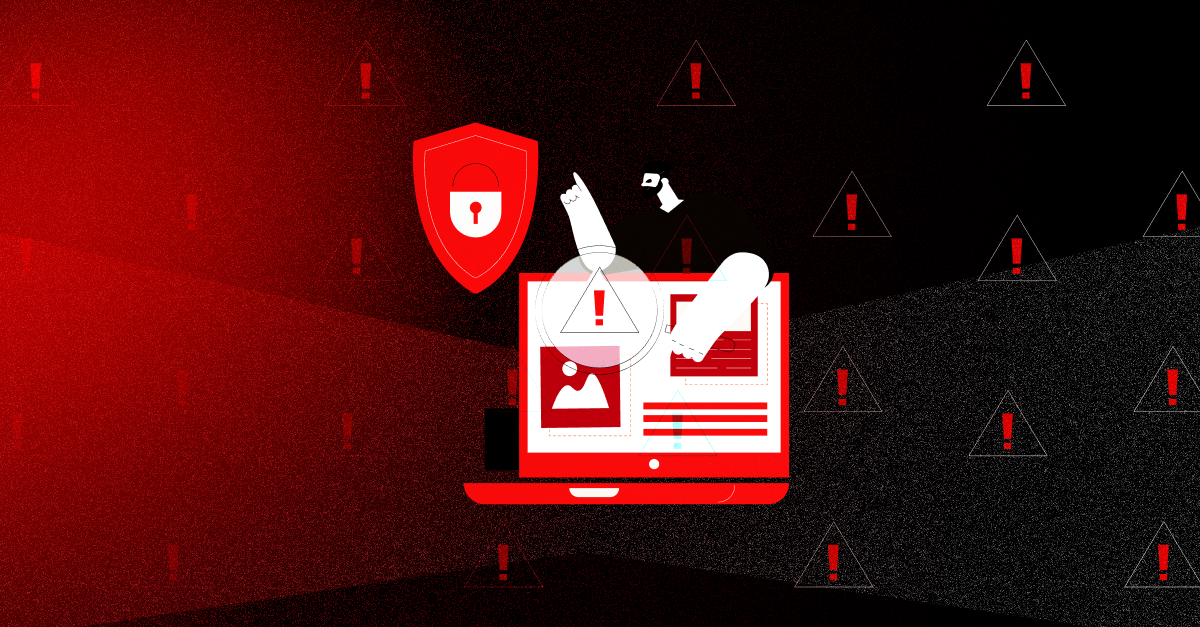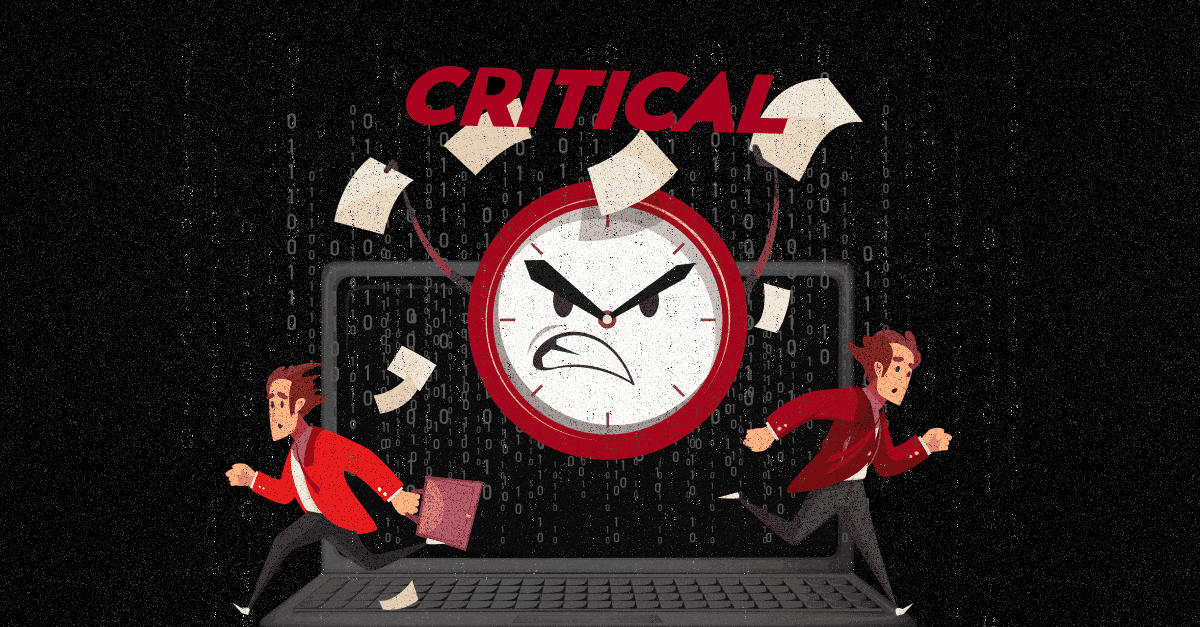HIPAA compliance is a process of ensuring that your business or organization meets the standards set forth in the Health Insurance Portability and Accountability Act. This can be a daunting task. Here's a complete checklist of requirements to help you get started.
What is HIPAA Compliance?
Key HIPAA Regulatory and Compliance Requirements
Before understanding HIPAA Compliance and who it’s for, let’s understand some key terms - Covered Entity, Business Associates, and ePHI.
First, let’s define what a Covered Entity is. A Covered Entity is a healthcare provider that conducts certain transactions electronically, such as billing and claims. Business Associates are companies or individuals that provide services to Covered Entities and have access to ePHI. ePHI is defined as any health information that is created, stored, or transmitted electronically.
Covered entities and business associates must comply with the HIPAA Privacy Rule and the HIPAA Security Rule. Failure to comply with these regulations can result in civil and criminal penalties.
The 4 Primary HIPAA Rules
HIPAA has four major elements that directly affect patients - health data privacy, security, notification of healthcare data breaches, and patients’ rights over their own medical data. Listed below are the four main HIPAA rules:
Privacy Rule
The Privacy Rule limits the usage and disclosure of healthcare data. It establishes national standards to protect individuals' medical records and other personal health information from being disclosed without the individual's consent or authorization. Only authorized individuals can access patients' healthcare data, for permissible uses that are - treatment, payment for healthcare services, and healthcare operations. The rule also gives individuals the right to see and get copies of their health records, and to request corrections.
Security Rule
The Security Rule sets standards for security of electronic protected health information (ePHI). Covered entities must have in place physical, administrative and technical safeguards to protect ePHI from unauthorized access, use and disclosure. These safeguards can range from security controls such as encryption, firewalls, antivirus software, to administrative policies and procedures, and physical security measures. Additionally, employees and other workforce members must receive training in security awareness and HIPAA compliance. If you’re a HIPAA-covered entity, your organization must also continuously identify risks to the ePHI and work towards reducing and managing those risks.
Breach Notification Rule
The Breach Notification Rule requires covered entities and business associates to notify individuals when their unsecured PHI has been breached. They must do this within 60 days of discovering the breach. The rule also requires covered entities to notify the Department of Health and Human Services (HHS) of large breaches. The notification enables victims to take appropriate action and protect themselves from identity theft and other types of frauds.
Omnibus Rule
The Omnibus Rule was created with the intention of protecting patient privacy and health information in a digitized world. According to the Omnibus Rule, any improper use or disclosure of personal health information should be considered a breach that the patient needs to be notified about, unless a risk assessment shows otherwise. The rule finalizes a number of provisions of the HIPAA rules, including modifications to the Privacy, Security and Breach Notification Rules. It also strengthens the compliance enforcement provisions of HIPAA.
The HITECH Act and HIPAA
The Health Information Technology for Economic and Clinical Health Act (HITECH Act) is a legislation that was passed by the United States in 2009 to encourage and implement the use of information technology in the health sector.
The HITECH Act strengthened HIPAA in several ways, including:
- Establishing new rules and penalties for HIPAA violations
- Creating stronger privacy protections for patients
- Requiring covered entities to notify patients of a data breach
- Giving patients new rights to access their health information
- Increasing enforcement of HIPAA by the Department of Health and Human Services (HHS)
The HITECH Act addresses the privacy and security concerns that arise with the electronic transmission of health information, and it strengthens the enforcement provisions of HIPAA. The Omnibus Rule was issued by the Department of Health and Human Services (HHS) in 2013 to implement the requirements of the HITECH Act.
The updates to HIPAA made by the HITECH Act are designed to protect patients’ health information in the ever-changing landscape of health information technology.
HIPAA Violations
According to the HIPAA Journal , a HIPAA violation is considered to be non-compliance with any “required” standard or any “addressable” standard for which an equally-effective substitute has not been implemented, or a documented reason exists for the standard not to be implemented.
Basically, these violations occur when Patient Health Information (PHI) is acquired, accessed, used, or disclosed in a way that puts the patient’s personal safety at risk. For example, if a healthcare provider uses an outdated software application that is no longer supported and does not have an up-to-date security risk management plan in place, this would be considered to be a violation of the HIPAA Security Rule. Other examples of HIPAA violations include:
- Lack of employee training
- Loss or theft of devices
- Passing patient information through texts
- Failure to conduct risk assessments
- Unencrypted data
Everyone who works with PHI is affected by these regulations.
HIPAA violations can be civil or criminal. The fines for a HIPAA violation can range from $50,000 to $1.5 million, depending on the severity of the violation and if it was committed deliberately. There are also criminal penalties for HIPAA violations, which can result in jail time.
Tips to Avoid HIPAA Violations
The good news is that you can avoid most HIPAA violations by training your staff and providing them with the resources they need to stay compliant. Here are some tips:
Establish clear policies and procedures
The first step is to establish clear policies and procedures around HIPAA compliance. Your employees need to know what is expected of them and what they should do if they have a question or concern.
Train your employees
Once you have established your policies and procedures, you need to train your employees on them. One way to do this is to offer HIPAA training courses that cover topics such as the basics of HIPAA compliance, how to safeguard patient information, and how to report a breach. This training should be ongoing and should cover all aspects of HIPAA compliance.
Provide resources
Make sure your employees have the resources they need to stay compliant. This includes things like access to the HIPAA regulations, contact information for your HIPAA compliance officer, and a list of approved vendors.
Conduct regular audits
Regular audits of your HIPAA compliance program are essential to ensure that your organization is meeting all of the latest compliance requirements. These audits can be conducted internally or by an external third-party.
Have a Contingency Plan
In the event of a data breach, it is essential to have a plan in place to quickly contain the breach and mitigate any potential damage. This plan should include steps such as identifying the point of breach, notifying affected individuals, and implementing corrective measures to prevent future breaches.
Monitor Compliance
Organizations can use HIPAA compliance monitoring to track employee education and training compliance. This includes monitoring employee acknowledgments of policies and procedures, as well as compliance with mandatory training requirements.
HIPAA compliance is crucial for any healthcare organization. Following these six steps will help you create a strong security posture and protect your patients’ data.
Conclusion
The stakes are high when it comes to HIPAA compliance. Non-compliance can result in heavy fines and even jail time. However, compliance doesn't have to be complicated or expensive.
Evolve
’s Automated Compliance Monitoring has out-of-the-box mapping for various compliance standards, including HIPAA, making it easier for you to track and achieve your compliance requirements without going over your budget. The most important thing to remember is that compliance is a process, not a goal. By following the steps outlined in this checklist, you can ensure that your business is on the right track to meeting all of the necessary standards. Learn more about our solutions at
www.threat intelligence.com
, or
book a free demo/consultation
with one of our specialists.







